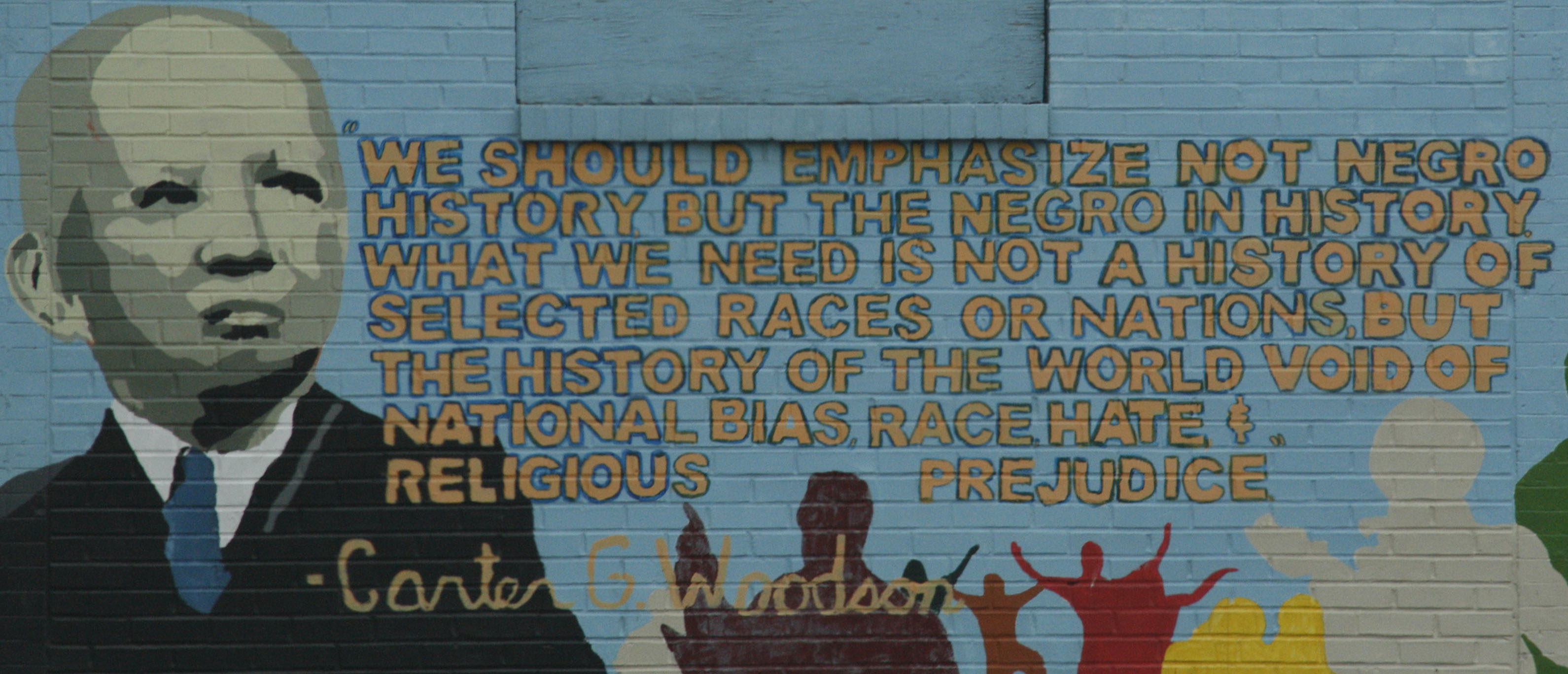Black History Month
Black History Month has been part of the UK calendar since 1987 and has steadily become more popular ever since – being observed and talked about in more and more places, such as schools, churches and places of work. However, its roots are just over 60 years older then that having been born in America in 1926, at a time where many African-American’s feared their history was destined to be forgotten forever.

Initially starting out as ‘Negro History Week’, this period of remembrance was the brainchild of Carter G. Woodson, an American intellectual and historian as well as the Association for the Study of African American Life and History, a group Woodson had created with several of his peers. The first Negro History Week took place on the second week of February because it coincided with the birthdays of Abraham Lincoln and Frederick Douglass due to their influence on African-American history. It was met with a lukewarm reception at first, but grew as the years went on and was taken on by schools and churches in all states with a significant black community. At the inaugural Negro History Week, Woodson spoke on the importance of recognising African-American History:
"If a race has no history, it has no worthwhile tradition, it becomes a negligible factor in the thought of the world, and it stands in danger of being exterminated. The American Indian left no continuous record. He did not appreciate the value of tradition; and where is he today? The Hebrew keenly appreciated the value of tradition, as is attested by the Bible itself. In spite of worldwide persecution, therefore, he is a great factor in our civilization."
Since those early day’s others have taken on the responsibility of Negro History Week, changed it to Black History Month, and the idea has spread across the Atlantic. So where does Black History Month stand now? As it seems with every social or political issue today, the answer is no longer black and white. Critics suggest that Black history shouldn’t be designated to a single month and in doing so counteracts the purpose of the event, and that Black history should be integrated with mainstream history. Others say that relegating Black history to a single month also reduces the complexity of the related historical figures to simple heroes and villains. Another argument is that there is no Asian or Arab history month, so why a Black one?
Perhaps these critiques are a reflection on where we are as a society today – yes, there is a higher awareness of Black history, its protagonists and antagonists, with world leaders acknowledging it and lessons being taught in schools and churches; compared with the situation in 1926, progress has undoubtably been made. But it’s equally obvious that there’s a long way to go; maybe until ‘Black’ and all other histories simply become ‘Human’ history.
